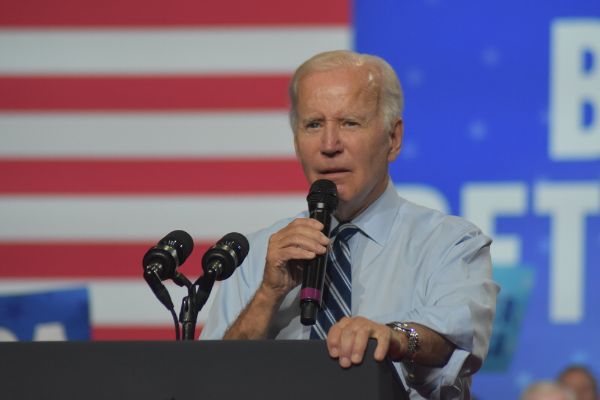Texas lawmakers have arranged a meeting with asset management firms for next week to discuss potential mishandling of taxpayer funds motivated by ideological motives.
Four months ago, the Texas Senate Committee of State Affairs requested papers from BlackRock, State Street, Vanguard, and Institutional Shareholder Services related to the businesses’ sponsorship of the environmental, social, and governance (ESG) movement.
“The Committee requires these documents to determine the extent to which these corporations have been playing politics with Texans’ hard-earned money,” stated Senator Bryan Hughes (R-TX) in a statement sent to The Daily Wire. “We will convene a hearing next week when each firm will attend and account to the residents of Texas.”
Officials recently cautioned BlackRock that initiatives related to the company’s support of causes such as carbon reduction violate state regulations requiring all fiduciaries to focus solely on financial returns. Texas also declared that BlackRock and nine other businesses had violated the statute by “refusing to interact with” enterprises that participate in the production and utilization of fossil fuels “for no ordinary business reason.”
Hughes went on to say that some companies have released more documents than others, citing BlackRock in particular as having “refused to deliver documents it deems internal or sensitive,” prompting senators to seek a subpoena. “We won’t allow these companies to continue using Texans’ money to further a narrow political agenda,” he added. “They have a legal obligation to prioritize the interests of their investors, and we want to ensure that they comply.”
The Daily Wire obtained the subpoena, which highlighted BlackRock’s support for global environmental measures like the Net-Zero Banking Allowance as well as the Glasgow Finance Alliance for Net Zero, which aim to “use any portion of the financial system to eliminate or reduce emissions of greenhouse gases or otherwise continue pursuing environmental goals.”
According to a two-year-old investment stewardship report, BlackRock has taken “voting action on environmental matters” against many of its portfolio businesses, prompting state-level authorities throughout the country to warn that such activism could harm local economies and boost nationwide energy prices.
Several Republican state governments have recently withdrew funding from renowned asset managers, citing worries that the firms’ voting objectives represent a shift away from the primary pursuit of maximum returns. In addition to South Carolina, Missouri, Louisiana, West Virginia, and Utah, the state of Florida said last week that it intends to withdraw $2 billion from BlackRock by the start of next year.
As conservative state legislators’ efforts and broader market concerns make news, BlackRock CEO Larry Fink announced recently that institutional clients would be allowed to vote on their own shares instead of relying on the corporation to operate as a proxy.
“We are seeing a reckoning for all these asset management corporations that felt they could take hardworking Americans’ money and utilize it to advance their progressive agenda until now,” Consumers’ Research Executive Director Will Hild said in a statement sent to The Daily Wire. “This Texas action will reveal much of what these businesses have sought to conceal – their mission is driven by politics, not money.”







